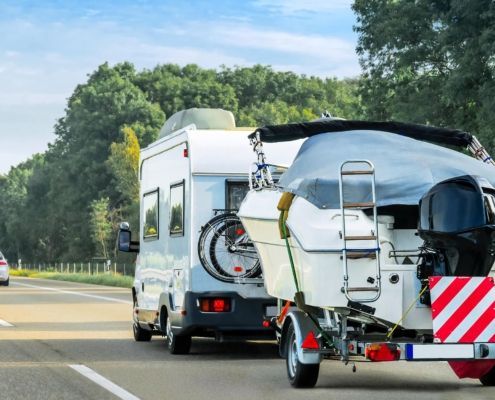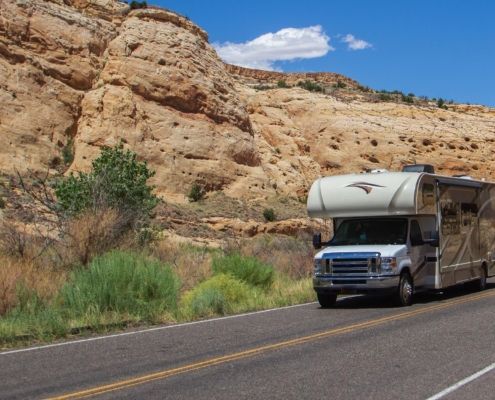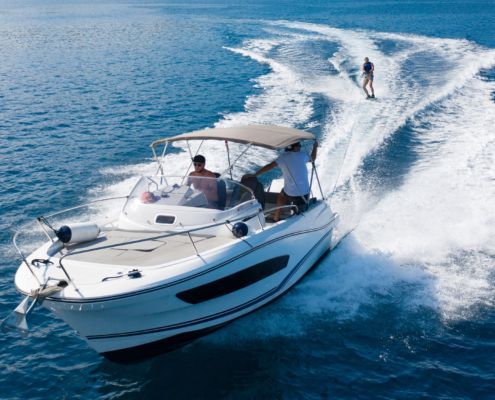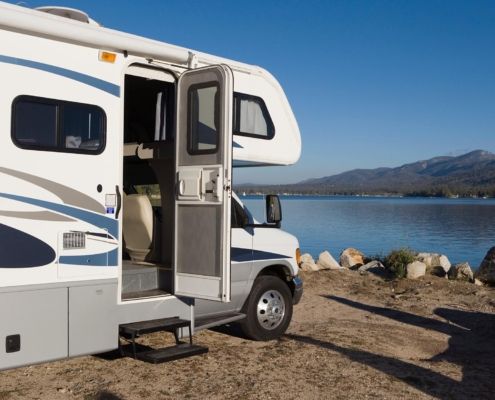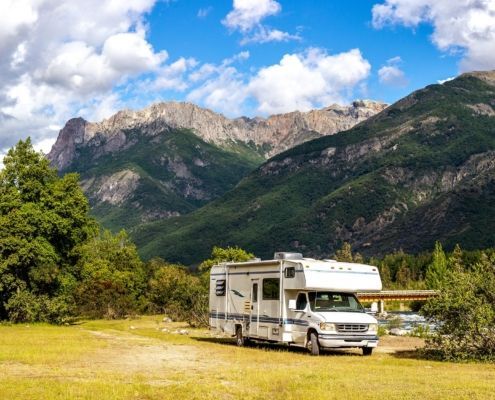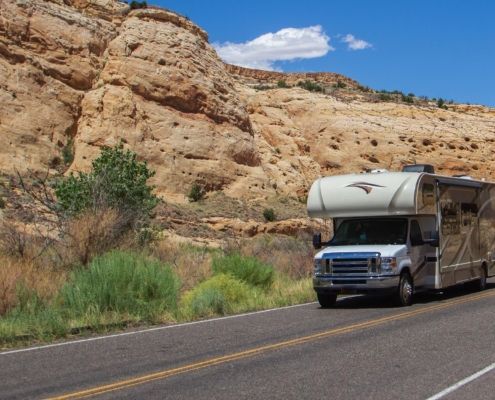Few things are worse than breaking down in the midst of a road trip. Yes, every motorhome is susceptible to mechanical problems. But here’s the catch: these are avoidable issues.
Just like our nautical neighbors, RV owners need to stay diligent in finding comprehensive coverage. If you’re looking to avoid a rough ride back home, here’s four tips to find the best travel-trailer warranty options:
1. What’s Excluded in the Warranty?
When it comes to boat vs. RV warranties, it’s important to note they’re powered by inherently different systems. This disparity is represented by the exclusions, as motorhome owners assume the following liabilities:
- Collisions
and failures caused by physical damages
- Weather complications (leaks, hail damage, etc.)
- Issues with aesthetic items (flooring, furniture, glass, paint, etc.)
- Maintenance items, like oil changes or brake pad replacements
2. Are You Covered for Mechanical Failure?
Separate from maintenance items, mechanical failures refer to any issues with your engine components or electrical systems. Every year, motorhomes
are outfitted with newer amenities. This added luxury, however, comes at a price. As RVs become more complex, so do the maintenance tasks. That’s why it’s essential to find a warranty program that covers parts and labor.
3. Who’s Allowed to Work on Your RV?
When motorhomes break down, you need timely repairs to get back on the road. While simple in theory, it becomes a complicated process depending on the structure of your protection plan. Some RV manufacturers have a predetermined network of shops you’re required to work with. So, look for a program where you get to choose who services the vehicle.
4. Will You Need Pre-Approval Prior to Repairs?
In some circumstances, you’ll need to be pre-approved before you can take your RV into the shop. While this process seems simple, there’s still the off-chance you’ll need emergency repairs. To avoid getting left high-and-dry, make sure you don’t need to jump through approval loops to conduct simple repair work.
5. Are You Getting Cookie-Cutter Coverage?
Lastly, it’s essential to realize RV warranty plans differ depending on your provider. A “one-size-fits-all” won’t cut it, as your warranty should be tailored for your travel style. Generally speaking, if you bought a used motorhome,
you’ll want to be covered for repairs and any sort of miscellaneous maintenance items. On the other hand, if you purchase a newer RV, make sure your clause includes electrical work, mechanical maintenance, and other resource-intensive repairs.

